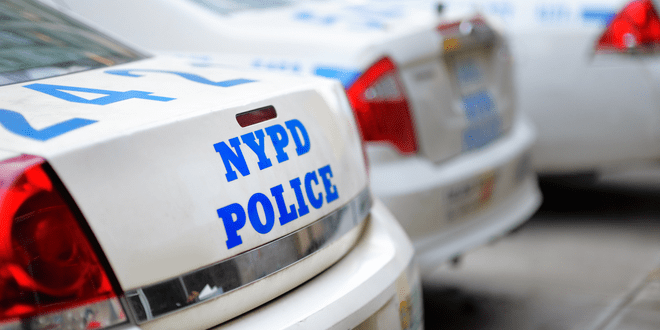New York got a glimpse of the future this week as a woman who allegedly assaulted three Jewish women while yelling anti-Semitic epithets was released without being required to pay any bail. The release came as a result of a legal reform that will officially take effect on Wednesday. So it was especially alarming less than two days later when the alleged assailant struck again in an attack that included anti-Semitic elements. Yet again, she was released without any bail being paid.
On Wednesday, January 1, new bail reform laws will take effect in New York requiring judges to release suspects in misdemeanors of non-violent felonies that do not involve physical injury to the victims without permitting the requirement of any bail payment. People accused of such crimes will be released and ordered to return for their next court date. Under this reform, people arrested for hate-crimes will also be released.
The state’s system is now based on an individualized evaluation of whether a defendant is a flight risk or presents a danger of committing a crime while on release. Unlike other states which have instituted this reform, judges in New York are not permitted to detain people due to concerns that they will pose a danger to the community if released.
A taste of things-to-come was given last week. On Friday, Tiffany Harris allegedly assaulted three Orthodox women on Eastern Parkway near Kingston Avenue in Brooklyn. She was arrested and confessed to the police that she slapped the women while yelling anti-Semitic epithets.
Despite being arrested for assault, since there were no injuries, Harris was released without any bail required as per the yet-to-be enacted reform. The new legislation requires arraignment judges to set suspects free in any non-sexual assault that doesn’t actually cause a physical injury, even in cases of hate crime attacks.
On Sunday, Harris struck again (literally), assaulting another identifiably Jewish woman in front of her two children not far from the scene of last week’s attack.
Harris pleaded not guilty to misdemeanor charges including assault in the third degree, menacing and endangering the welfare of a child.
“We’re here two days after the defendant was here on another charge,” said prosecutor Evan Hannay to Judge Archana Rao. “We believe the highest level of supervised release is appropriate.”
Harris is required to check in periodically with a social worker but she has not paid any bail. As per the reform, the judge could not take into consideration any danger Harris might pose to the public. Harris was not charged with a hate crime because police claim there was no obvious indication that either of the attacks was motivated by bias.
Harris’ attacks came during a wave of anti-Semitic attacks culminating in a machete attack in a synagogue on Saturday night in Monsey. The reform, pushed through by New York Governor Andrew Cuomo, exempts people accused of hate crimes from paying bail. Of the nine attacks targeting Jews in New York in the past week, only two, the machete attack in Monsey on Saturday night and the beating of a 65-year-old man, would allow the judge to set bail or put the defendant in jail pending trial.
“You have to beat the hell out of somebody — or murder them — for there to be any consequences,” former state lawmaker Dov Hikind, founder of Americans Against Anti-Semitism, told the New York Post. “Otherwise, you are set free. It’s open season in New York — open season on innocent people. On Jews, on Muslims, on gay people. It applies to anybody. But it’s the Jewish people in particular who have been targeted.”




